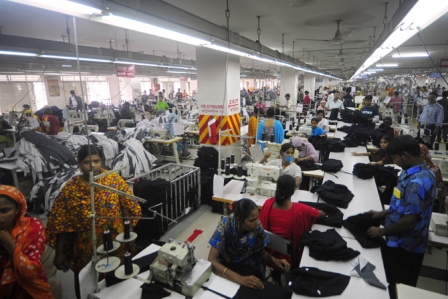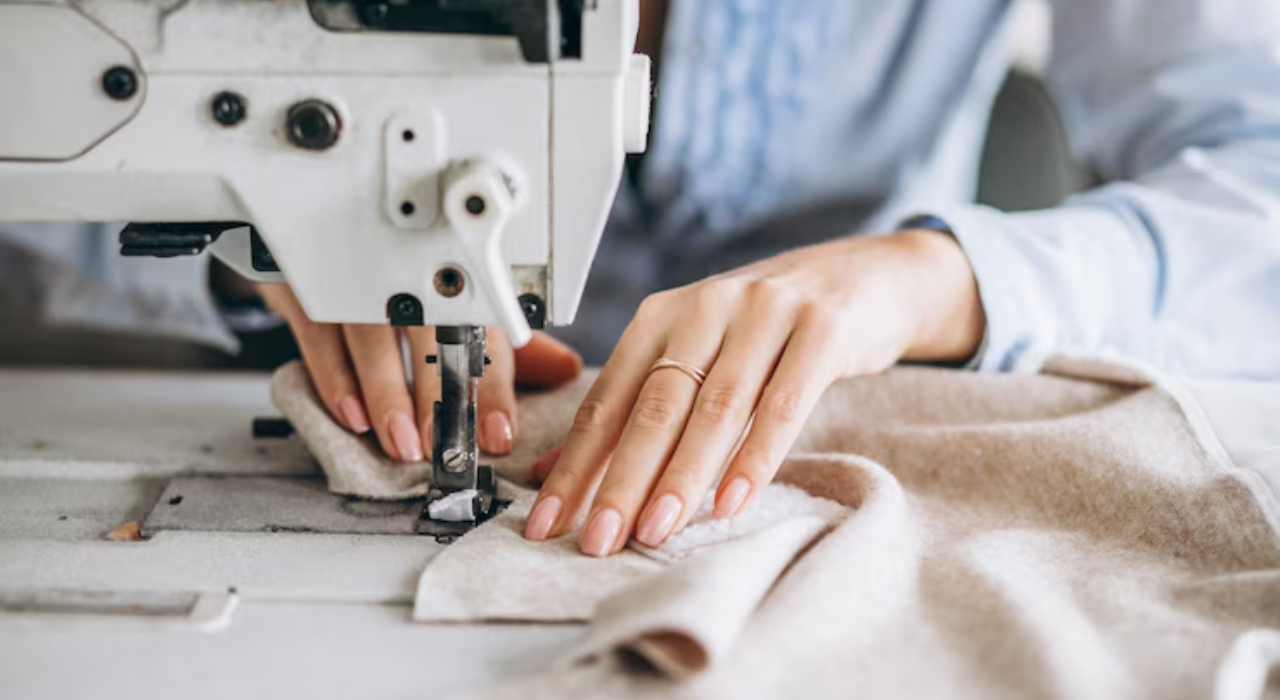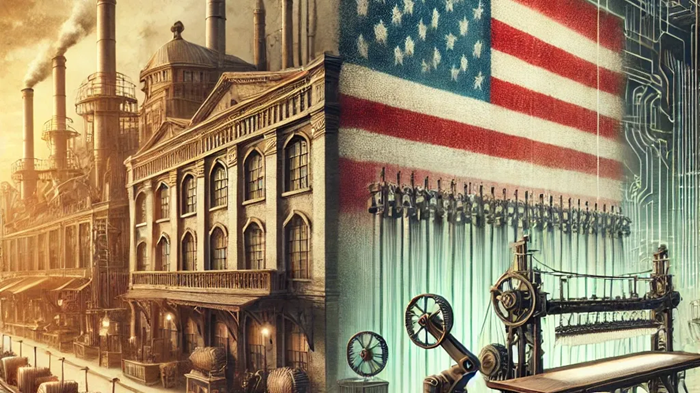 Bangladesh RMG industry continues to be under global pressure to improve compliance and fire safety levels after the recent calamities at Tazreen Fashions and Rana Plaza, which claimed several lives. Local and international stakeholders including Accord, Alliance, foreign buyers and International Labour Organization (ILO) are continuously monitoring the progress on factory safety in Bangladesh.
Bangladesh RMG industry continues to be under global pressure to improve compliance and fire safety levels after the recent calamities at Tazreen Fashions and Rana Plaza, which claimed several lives. Local and international stakeholders including Accord, Alliance, foreign buyers and International Labour Organization (ILO) are continuously monitoring the progress on factory safety in Bangladesh.
However, Bangladesh garment factory owners say the cost of doubling wages is over bearing as many global retailers refuse to increase prices and threaten to shift sourcing to other nations offering lower rates. Such a situation is leaving less money for safety improvements urged by apparel chains.
Coping with a 79 per cent increase in minimum monthly wage to $68 is a burden for Bangladesh garment factories in the face of growing competition from other emerging markets producing garments for stores like Walmart and Zara. The situation is squeezing sales in Bangladesh's main export industry.
As per Bangladesh Garment Manufacturers and Exporters Association (BGMEA) and  Bangladesh Knitwear Manufacturers and Exporters Association (BKMEA), more than 2,500 garment owners including woven and knitwear have agreed to invest Tk 80 billion for fulfilling compliances and fire safety conditions. But simultaneous doubling of wages and supplying products at lower rates are making things difficult for the industry.
Bangladesh Knitwear Manufacturers and Exporters Association (BKMEA), more than 2,500 garment owners including woven and knitwear have agreed to invest Tk 80 billion for fulfilling compliances and fire safety conditions. But simultaneous doubling of wages and supplying products at lower rates are making things difficult for the industry.
Workers' safety system, fire-fighting equipment, evacuation mechanism, proper installation of machines and healthy work environment are among the social compliance issues demanded by the international companies and NGOs. Garment makers are now bound to seriously look into the safety issues for their own survival.
Tragedy hits exports and profit margins
After almost a year of the Rana Plaza building collapse in Dhaka's Savar district, killing more than 1,100 workers, Bangladesh's garment export growth has slowed to the lowest rate in 15 years. Buyers have shifted to countries like India, Vietnam, Indonesia and Cambodia because of concerns about workshop safety, higher wages and political uncertainty.
The Rana Plaza collapse, on April 24, 2013 attracted global attention to the poor working conditions in Bangladesh. US and European retailers responded by forming groups to push for better safety standards and regular inspections.While the US-based Alliance for Bangladesh Worker Safety has claimed to have funded more than $100 million to Bangladesh factories to help pay for safety improvements, the Bangladesh Accord on Fire and Building Safety, which was set up after Rana Plaza and counts many European retailers among its signatories, also plans to make an unspecified amount of low-cost loans available to help factories pay for upgrades.
Help pours in but not enough
Apart from Primark, five global clothing brands and retailers have raised $40 million for victims of Rana Plaza. The companies are: El Corte Inglés; Inditex, which includes the brand Zara; Loblaw; Mango and Mascot. Now labour groups are pressurizing companies like Walmart, Children's Place and Benetton, which were linked to Rana Plaza tragedy. Bangladeshi RMG exports have lost steam over the past four months, growing at just 7.1 per cent in January compared to the same month a year earlier.
The Washington-based International Labour Rights Forum has said that while it is commendable that brands are willing to help, further steps must be taken. It has urged brands and retailers to voluntarily pay higher prices for apparel products, so that the factories are able to pay workers. The organization has also asked them to develop long-term relationships with suppliers instead of hobnobbing across countries looking for lower rates.
According to Asia Floor Wage, developing countries such as Bangladesh and Cambodia would be able to progress to the next economic level only when the issue of low wages is amicably resolved. And for that, it points out that the garment-producing countries must take wage completely out of the competition and start competing instead on logistics or raw material supplies.
www.bgmea.com.bd












